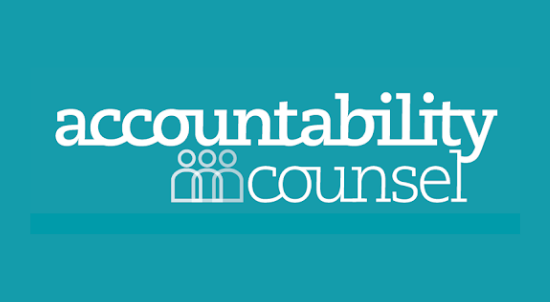IFC’s Bridge Academies Management Action Plan Has Failed Survivors So Far

Between 2013 and 2022, the International Finance Corporation (IFC) invested $13.5 million in Bridge International Academies, a company that runs low cost for profit private schools in Kenya. However, in 2020, shocking allegations of child sexual abuse within Bridge schools came to light. Following an investigation by the Compliance Advisor Ombudsman (CAO), the IFC was found to have overlooked critical safety concerns, thus contributing to this tragedy.
Accountability Counsel, alongside Inclusive Development International, Oxfam International and Wangu Kanja Foundation, is working directly with survivors to support their calls for remedy and justice.
While the IFC has introduced a Management Action Plan (MAP) to address these issues and fund a remediation program, survivors and civil society organizations (CSOs) have raised serious concerns regarding the MAP implementation and its potential to fall short of delivering meaningful support to survivors, specifically to Bridge survivors.
Shortcomings in the MAP’s Implementation
The MAP’s implementation has largely disregarded the specific needs and voices of Bridge survivors. IFC’s consultation process, led by UNICEF and UNFPA, included meetings with sexual violence survivors broadly but neglected to ensure representation from individuals directly affected by child sexual abuse within Bridge schools. This failure to prioritize Bridge survivors has created a significant gap in the consultation’s effectiveness.
Requests from CSOs representing survivors for targeted outreach to former Bridge students have been repeatedly denied. IFC’s argument—that targeted outreach would be “unethical”—has left many survivors without an avenue to share their experiences and perspectives. Consequently, the opportunity for a survivor-centered, trauma-informed approach has been missed, casting doubt on the program’s capacity to deliver real justice for the very people it harmed- Bridge survivors.
Lack of Transparency and Accountability
In addition to excluding survivor voices, IFC has withheld information about the process from CSOs and other stakeholders. Requests to attend consultation meetings, review timelines, and receive summaries of the consultation meetings have been denied, hindering CSOs’ ability to advocate effectively on behalf of survivors. The CAO, despite its formal mandate to monitor the process, was also excluded.
Furthermore, IFC has established an Advisory Committee to oversee the MAP’s implementation, but has not disclosed its membership. This secrecy makes it impossible for survivors and civil society organizations to engage effectively.
Recommendations to the IFC Board
For the MAP to achieve its intended impact, survivors’ voices must be at its heart. We urge the IFC Board to:
- Revise the MAP to include targeted outreach consultations with Bridge survivors, allowing them to express their needs and contribute to the program’s design.
- Create a specialized component within the program that directly addresses the needs of Bridge survivors.
- Ensure transparency by publicly disclosing the Advisory Committee’s membership and mandate.
- Recuse conflicted staff from involvement in the MAP’s implementation.
By implementing these recommendations, the IFC can demonstrate a genuine commitment to accountability and repair the harm caused. Bridge survivors deserve a remediation program that respects and centers their voices, one that reflects the IFC’s responsibility to those it serves.

